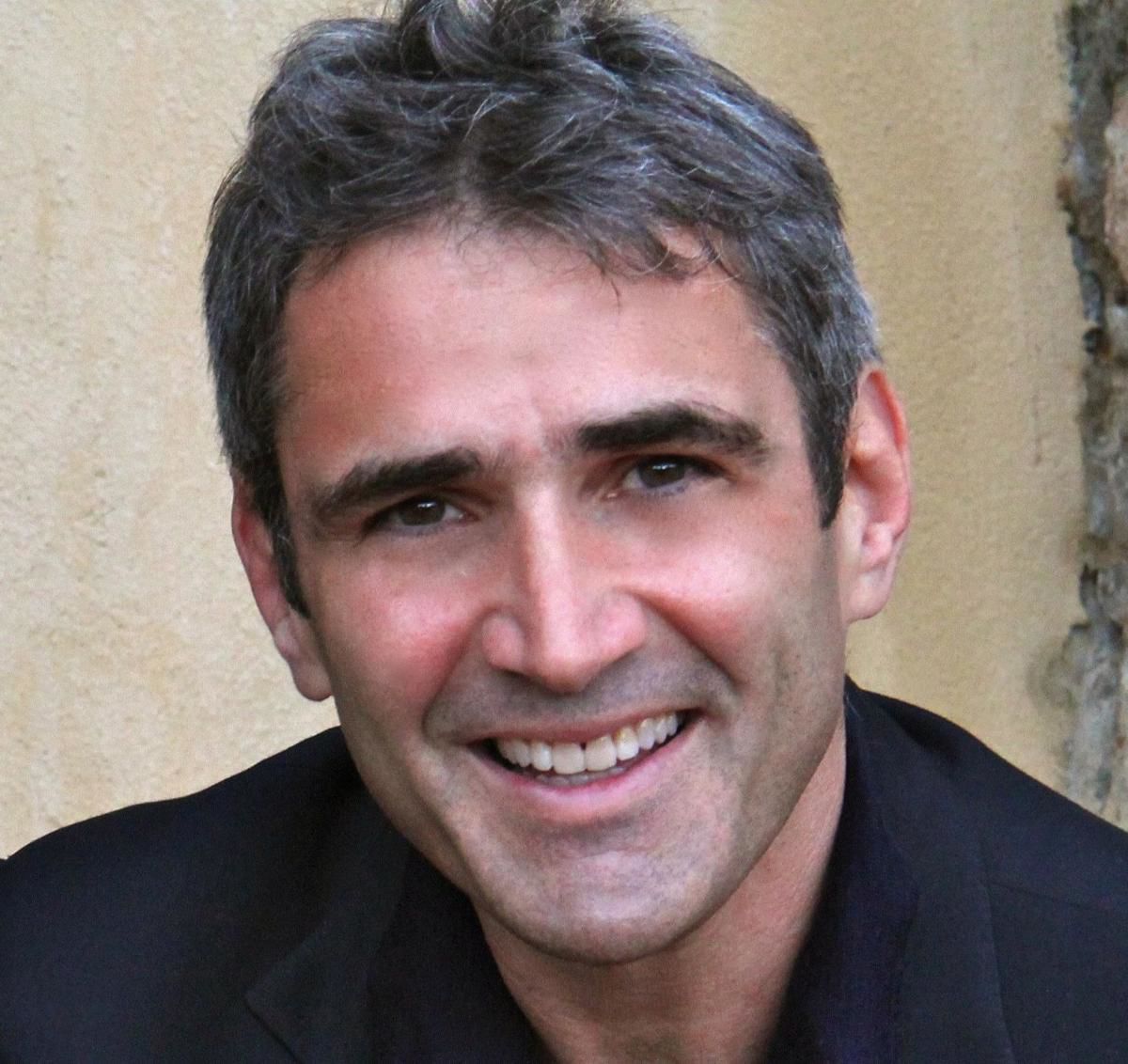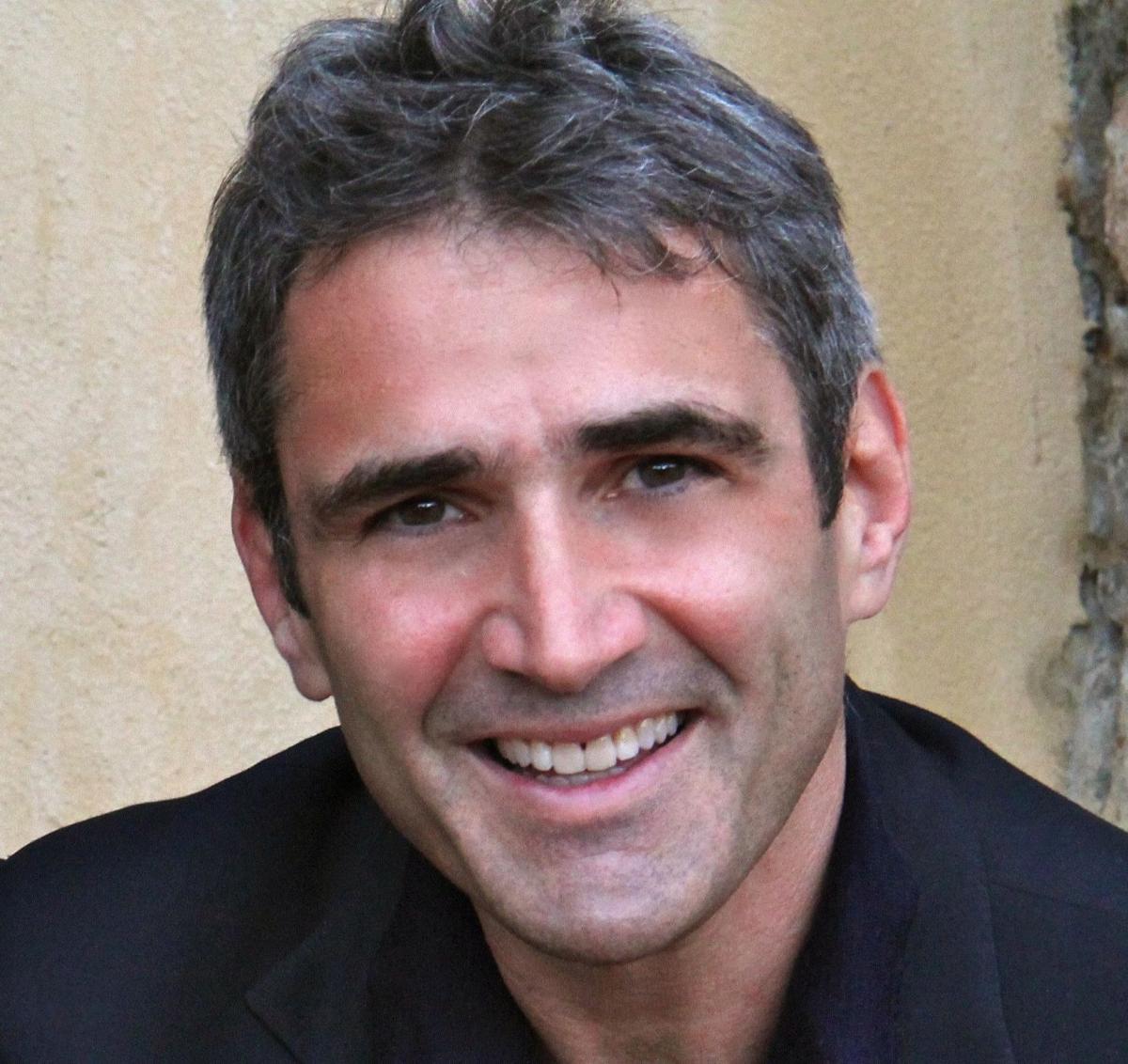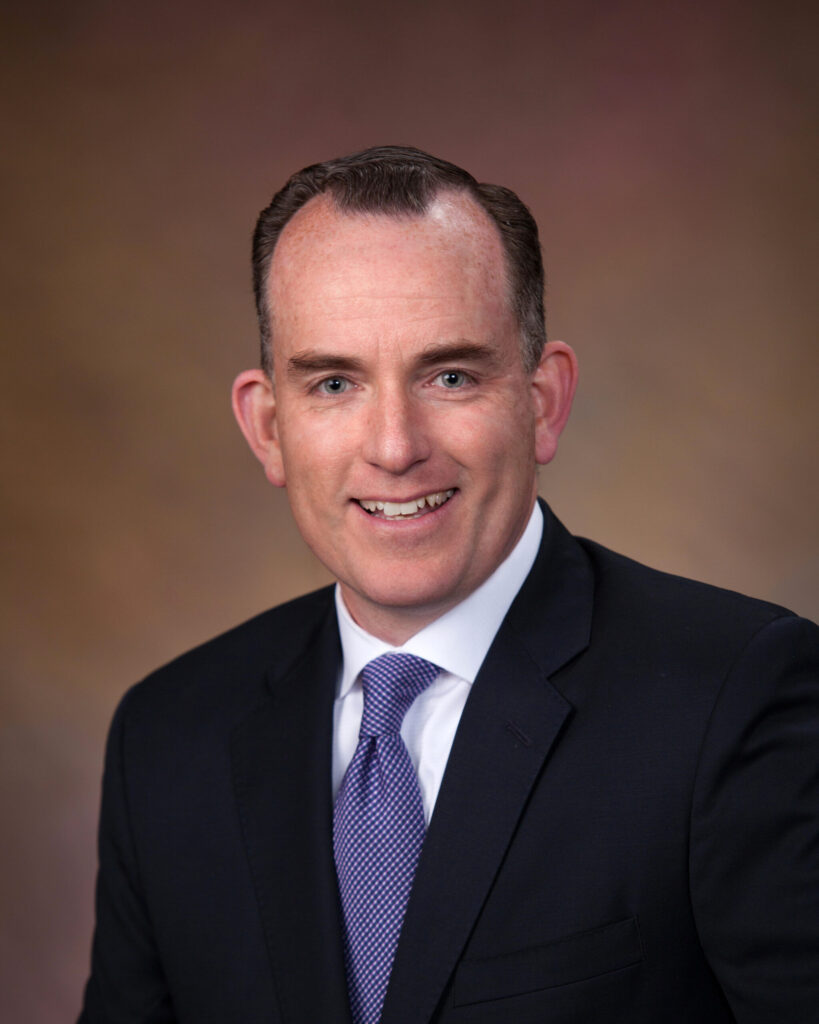OPINION | National Popular Vote is a disingenuous bid to centralize power in D.C.


The effort on the November 2020 ballot to overturn by referendum the National Popular Vote Interstate Compact law, or NPV, adopted by Colorado’s legislature is, rightly, becoming a hot topic. Even though there are over six months to the vote, I count no fewer than four articles in Colorado Politics on this subject, taking both sides of the debate and from both sides of the aisle. So let me pile on with an opinion from a libertarian.
A big part of my opposition to NPV is summarized in this chart from the Blueshift website of the county-by-county vote in the 2016 presidential election. It shows a continent-sized country with a vast internal expanse of shades of red, alongside predominately coastal and/or big-city towers of deep-blue. This is the problem.
The proponents of NPV like to dismiss these geographical concerns with statistics like California and New York represent only 18.3% of the U.S. population. This is true but misleading. NPV wouldn’t turn the election over to California and New York, but it would unquestionably greatly enhance the voting power of a bi-coastal and urban population, much divorced from the rest of the country and typically under single-party rule for decades – often with the type of results depicted in shows like The Wire.
The supporters of NPV know this, which is why 99% of the money raised in support of NPV has come from outside Colorado, with 76% from California alone.
This is the first reason to reject the NPV but there are others. Specifically, it would further undercut three aspects of our system of governance that I hold dear: an anti-majoritarian republicanism; a separation of powers between the different branches of government, and federalism.
Libertarians like me are very much in the camp of Winston Churchill who famously said that “democracy is the worst form of government except for all those other forms that have been tried from time to time.” We do not make a fetish of democracy. We know that a majoritarian tyranny is, if you are in the minority, no better than any other type. And the smallest minority of all is the individual.
The Founding Fathers had the same view. Which is why they included multiple checks on potentially tyrannical majorities: the indirectly chosen Senate, the “checks and balances” between the different branches of government, the Bill of Rights, and an Electoral College that stood between the direct votes of the population and the presidency.
One of the saddest aspects of American political history is that these barriers to majoritarianism have been steadily whittled away. Senators have been directly elected since 1913. The independent will of the Electoral College has been neutered. The separation of powers has been replaced by an over-powerful presidency and an administrative state. The Bill of Rights is still largely unbowed, but there are many who would have it replaced by “a living Constitution.” There is no doubt that the NPV would be a further step in this destructive direction.
The NPV would also further the very regrettable ascendency of the presidency over the other branches of government, particularly over the legislature. One of the reasons for this is that the president is the only politician who can claim to be elected by the entire population and therefore uniquely to represent “the will of the people.” The NPV would make this worse.
As a highly diverse and enormous country, we were always intended to be United States of America, with an emphasis on the word “states.” An important aspect of this federalism has been that we vote state-by-state for the president. The NPV would undermine this and accelerate the process of centralizing power in Washington, D.C.
Much of this is symbolic, but symbols matter and the supporters of the NPV know this. I strongly suspect that the Venn diagram of “people who worship democracy over individual rights, the Imperial Presidency over the separation of powers, and Washington over the states and cities” and “people who support the NPV” shows almost total overlap.
These are my geographical and philosophical objections to the NPV. But I have practical ones, too, such as its highly dubious constitutionality. Although the Constitution grants the power to each state to “appoint, in such Manner as the Legislature thereof may direct, a Number of Electors…,” it also clearly says that “No State shall, without the Consent of Congress…enter into any Agreement or Compact with Another State…,” a prohibition that should apply with extra force against a clever circumvention designed to change the Constitution’s method of electing the president without recourse to the lawful amendment process.
The NPV would also mean the co-existence of two completely different ways of voting for the president. It is hard to imagine a more effective way to cause confusion and divisiveness, particularly because the line between the two ways would almost exactly track the “blue state/red state” frontier.
There is an old dictum in politics: “all process arguments are insincere.” The NPV is the mother of all process arguments. It is no coincidence that, of the 16 states and District of Columbia which have endorsed the NPV, 14 of them were solid blue at the time of the vote and the other two were very bluish.
So, please, let’s not pretend that this is anything but a naked attempt to tip the scales of politics and centralize even more power in Washington in a way which is, from the standpoint of those of us who love liberty, the worst of all possible worlds.
Roger Barris, an investor and entrepreneur from Evergreen, was the Libertarian Party candidate for Congress in Colorado’s 2nd Congressional District in 2018.













